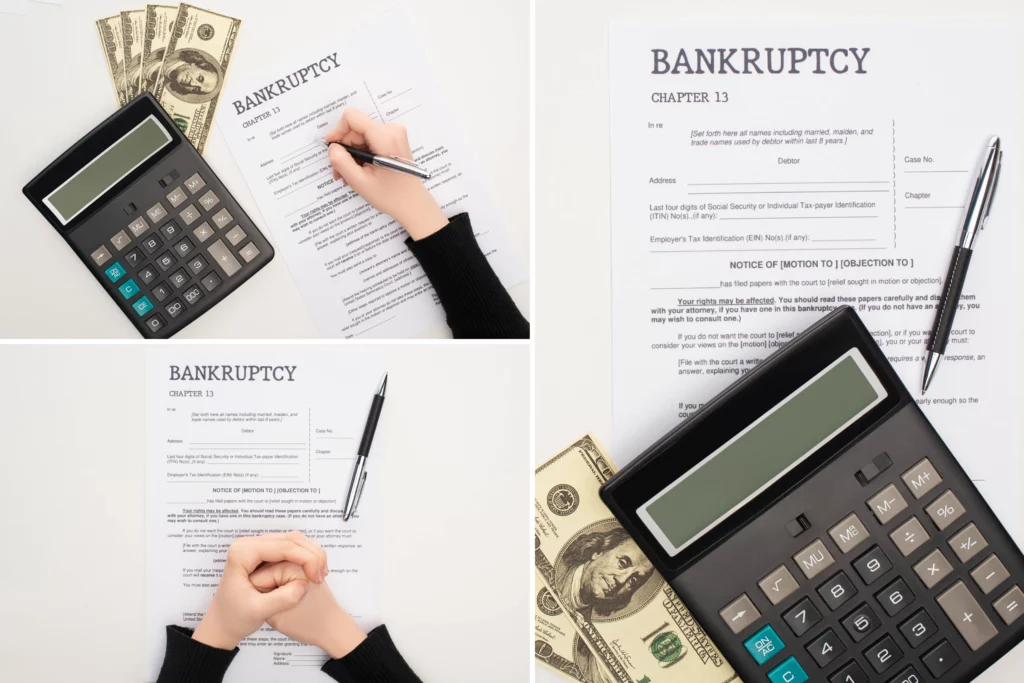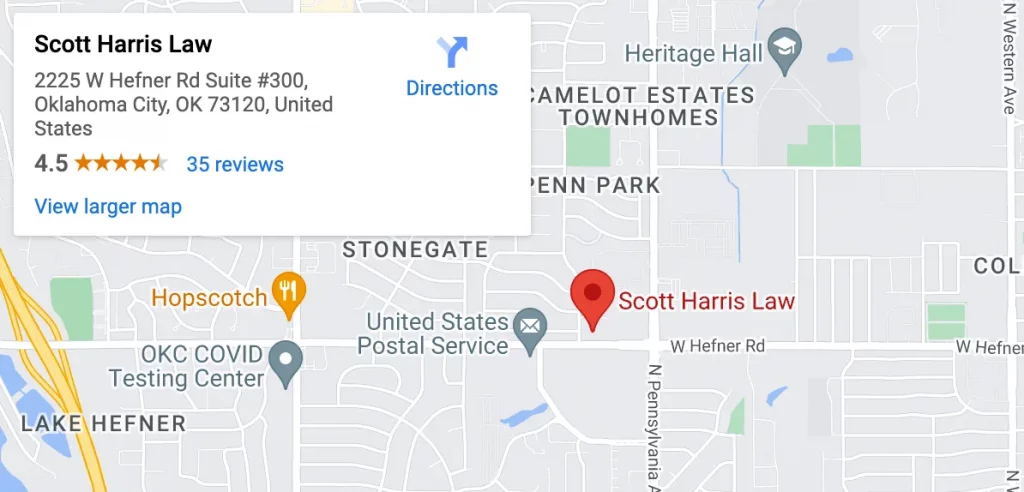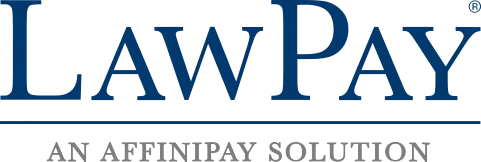Learn What To Do and What Not To Do In Bankruptcy
In today’s economic landscape, many individuals find themselves grappling with overwhelming financial burdens. The situation makes the prospect of bankruptcy a viable solution. Among the various forms of bankruptcy, Chapter 13 stands out as a potential lifeline for those seeking to restructure their debts while retaining valuable assets. However, learning Chapter 13 do’s and don’ts requires a thorough understanding of its intricacies and adherence to specific guidelines.
Quick Summary:
- Chapter 13 Bankruptcy enables individuals to apply for a five-year repayment plan should they go bankrupt. This type is often called the wage earner’s bankruptcy since it is filed by those whose income is too high for Chapter 7.
- Common things to do before filing for Chapter 13 bankruptcy involve being transparent with your money movement. This includes debts and assets. Consistent payments on secured vehicles you wish to keep along with adjusting tax and managing bank accounts help avoid setoffs.
- When filing for Chapter 13 bankruptcy, avoid being secretive about your money habits and assets and refrain from lying. Incurring additional debt during the process disables you from paying off your debts while giving property away would only result in bankruptcy cancellation. Remember as well to attend mandatory court hearings like the 341 meeting of creditors to avoid paying additional fees.
What is Chapter 13 Bankruptcy?
Chapter 13 bankruptcy, also known as a “wage earner’s plan” or “reorganization bankruptcy,” is a form of bankruptcy available to individuals, including sole proprietors, who have a regular source of income. It allows debtors to develop a plan to repay all or part of their debts over a period of three to five years.
What are the Do’s of Chapter 13 Bankruptcy?
Chapter 13 bankruptcy offers individuals a solid path towards financial rehabilitation while protecting their assets. To maximize the benefits of this process, it’s crucial to adhere to certain essential guidelines and strategies:
Do Assess Your Financial Situation
Before initiating the Chapter 13 bankruptcy process, it’s necessary to conduct a comprehensive assessment of your financial circumstances. This includes:
- Gathering All Financial Documents: Collect documentation related to your income, expenses, debts, assets, and liabilities. This includes pay stubs, tax returns, loan statements, and asset valuations.
- Evaluating Income, Expenses, and Debts: Analyze your monthly income and expenses to determine your disposable income available for debt repayment. Assess the types and amounts of debts you owe, including secured debts (e.g., mortgages, car loans) and unsecured debts (e.g., credit card debt, medical bills).
- Determining If Chapter 13 Is the Right Choice: Consider whether Chapter 13 bankruptcy aligns with your financial goals and circumstances. Evaluate factors such as your ability to repay debts over time, the desire to retain certain assets, and eligibility criteria for Chapter 13 bankruptcy.
Do Hire a Qualified Bankruptcy Attorney
Navigating the complexities of Chapter 13 bankruptcy requires the knowledge of a bankruptcy attorney. Here’s why hiring legal representation is essential:
- Importance of Legal Representation: An experienced bankruptcy attorney protects your rights and guides you through the process, maximizing your chances of a successful outcome.
- Researching and Selecting a Reputable Attorney: Look for an attorney well-versed in Chapter 13 cases, with experience, a good reputation, and positive client feedback.
- How an Attorney Can Navigate Complex Bankruptcy Laws: ankruptcy laws are complex. A lawyer can navigate these complexities, handle paperwork, and represent you in court, ensuring a smoother process.
Do Develop a Realistic Repayment Plan
Stuck in debt? Chapter 13 bankruptcy can help! It’s like a giant reset button that gives you 3-5 years to catch up on your bills with a manageable payment plan. Here’s how it works:
- Get Legal Help: Navigating bankruptcy alone is never recommended. Your bankruptcy attorney can create a bankruptcy plan outlining debts and assets. They’ll make sure the most important things, like rent and food, come first, and then use any leftover money to fight off your debt.
- Talk it Out with Creditors: Sometimes, creditors (the people you owe money to) are willing to work with you. Your lawyer can be your champion, negotiating with them to lower interest rates, give you more time to repay, or even reduce the total amount you owe. This makes your payback punches a whole lot easier!
- Make a Plan You Can Stick To: The most important thing is a plan that fits your wallet. Don’t try to be a superhero and take on m for 3-5 years, without getting knocked out by too much pressure.ore debt than you can handle. A good plan is one you can actually follow
Remember, with a Chapter 13 plan and a little help from your lawyer, you can get back on your feet and out of debt for good!
Do Attend Mandatory Counseling Sessions
To file for Chapter 13 bankruptcy, which allows you to repay debts over a court-ordered plan, you must complete mandatory counseling sessions. These sessions focus on financial education and assess if bankruptcy is truly the best solution. Before filing, you’ll meet with a credit counselor to explore other debt management options and budgeting strategies.
Then, after filing, you’ll take a course on responsible money management to prevent future financial troubles. Completing both sessions is crucial to avoid having your bankruptcy case dismissed by the court.
What are the Don’ts of Chapter 13 Bankruptcy?
Avoiding certain actions and behaviors during the Chapter 13 bankruptcy process is crucial to ensure its success and prevent potential complications. Here are essential guidelines to follow:
Don’t Hide Assets or Provide Wrong Information
In bankruptcy court, honesty is key. Trying to hide your assets or lie about your money can backfire in a big way. The judge might throw out your entire bankruptcy case. Even worse, you could get in serious trouble with the law, facing fines or even jail time.
To make your Chapter 13 bankruptcy go smoothly, you need to be upfront with your lawyer about everything. They’re on your team and can help you get the best results by being honest from the start.
Don’t Incur Additional Debt
During Chapter 13 bankruptcy, you can’t take on new debt like credit cards or loans. This is because you already have a plan to repay your existing debts. Taking on more debt would make it harder to stick to your plan and could even get your case thrown out. Before you make any big financial decisions while going through bankruptcy, talk to your lawyer. They can help you understand what you can and can’t do.
Don’t Transfer Property or Assets
Filing for bankruptcy under Chapter 13 is like making a deal with the court to pay back your debts over time. It’s important to play fair, though. Trying to hide assets you own by giving them away to a friend is detrimental. The court might catch you and say decline your bankruptcy plan. They could even take away things you were supposed to get to keep. So remember, honesty is the best policy, even in bankruptcy court!
Don’t Ignore Court Orders and Deadlines
Going to court for bankruptcy can feel overwhelming, but showing up on time is super important! Think of it like going to class – if you miss too much schoolwork, you might fall behind. In bankruptcy court, if you miss hearings or don’t file papers on time, the judge might delay your case or even throw it out. This could mean more stress and extra fees from lawyers.
Don’t Liquidate Retirement Accounts
In Chapter 13 bankruptcy, your retirement savings like 401(k)s and IRAs are usually protected. This means you won’t have to use them to pay off your debts. But if you take out money early (before retirement age), you might have to pay extra taxes and fees. Talk to your lawyer before touching your retirement savings during bankruptcy.
Filing for Chapter 13 bankruptcy is like getting a fresh financial start, but there are some things you gotta avoid to make it work. These “don’ts” are like rules that help keep things fair and legal for everyone involved. Following these rules proves to the court your determination to get back on track.
Discover the Do’s and Don’ts of Chapter 13 Today with Our Oklahoma Bankruptcy Attorney
Nobody likes to think about bankruptcy, but nobody can predict when it’ll happen. Secure yourself financially by knowing the Chapter 13 do’s and don’ts. Insight on this helps make the process smoother for both you and your lawyer.
Scott Harris Law, PLLC is here to assist Oklahoma clients with bankruptcy concerns ranging from Chapter 13 bankruptcy to credit card debt and even foreclosure defense.
Let our bankruptcy attorney know you need our help. Get in touch with Scott Harris Law, PLLC right to learn about Chapter 13 do’s and don’ts. Schedule a free consultation today!




